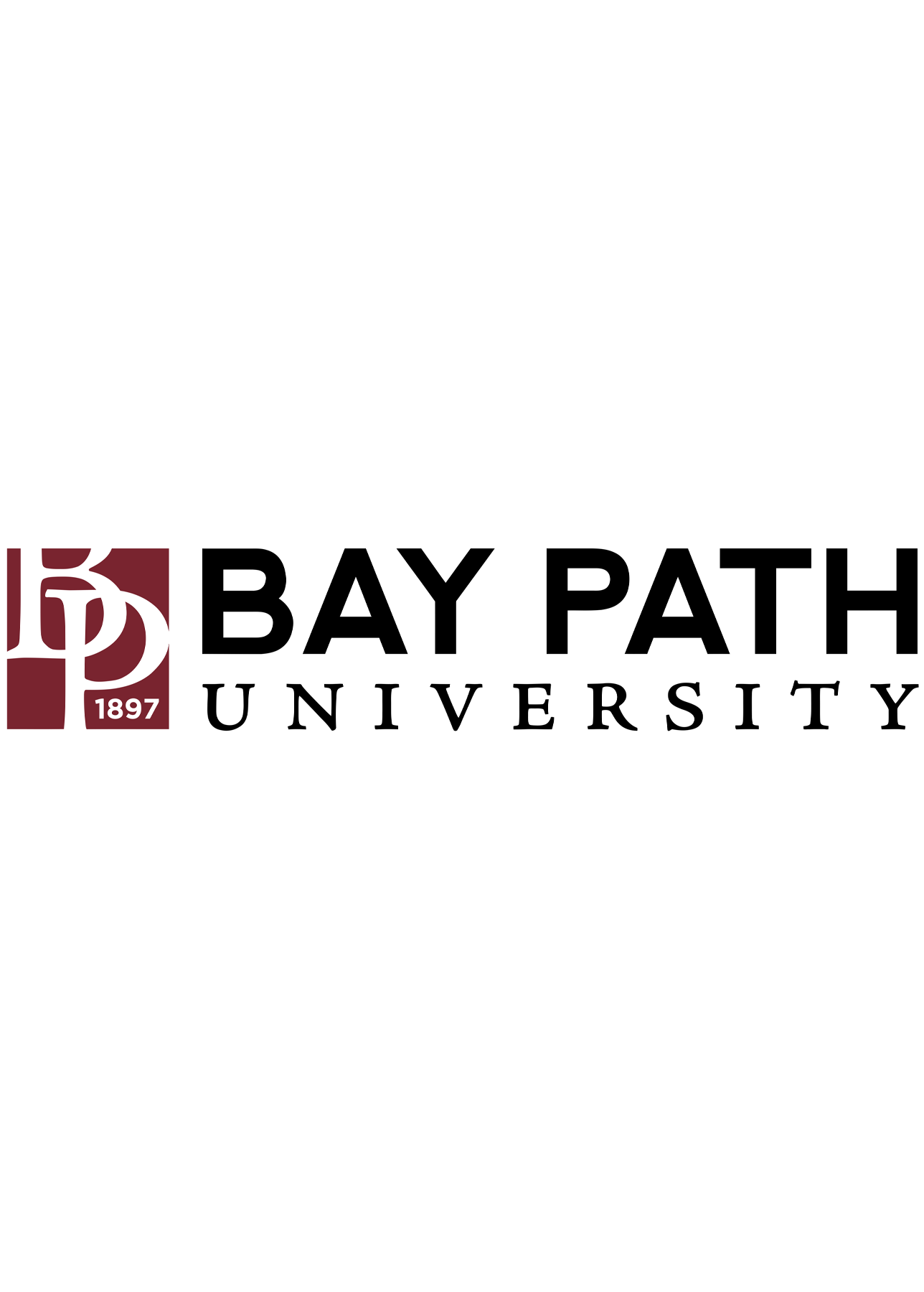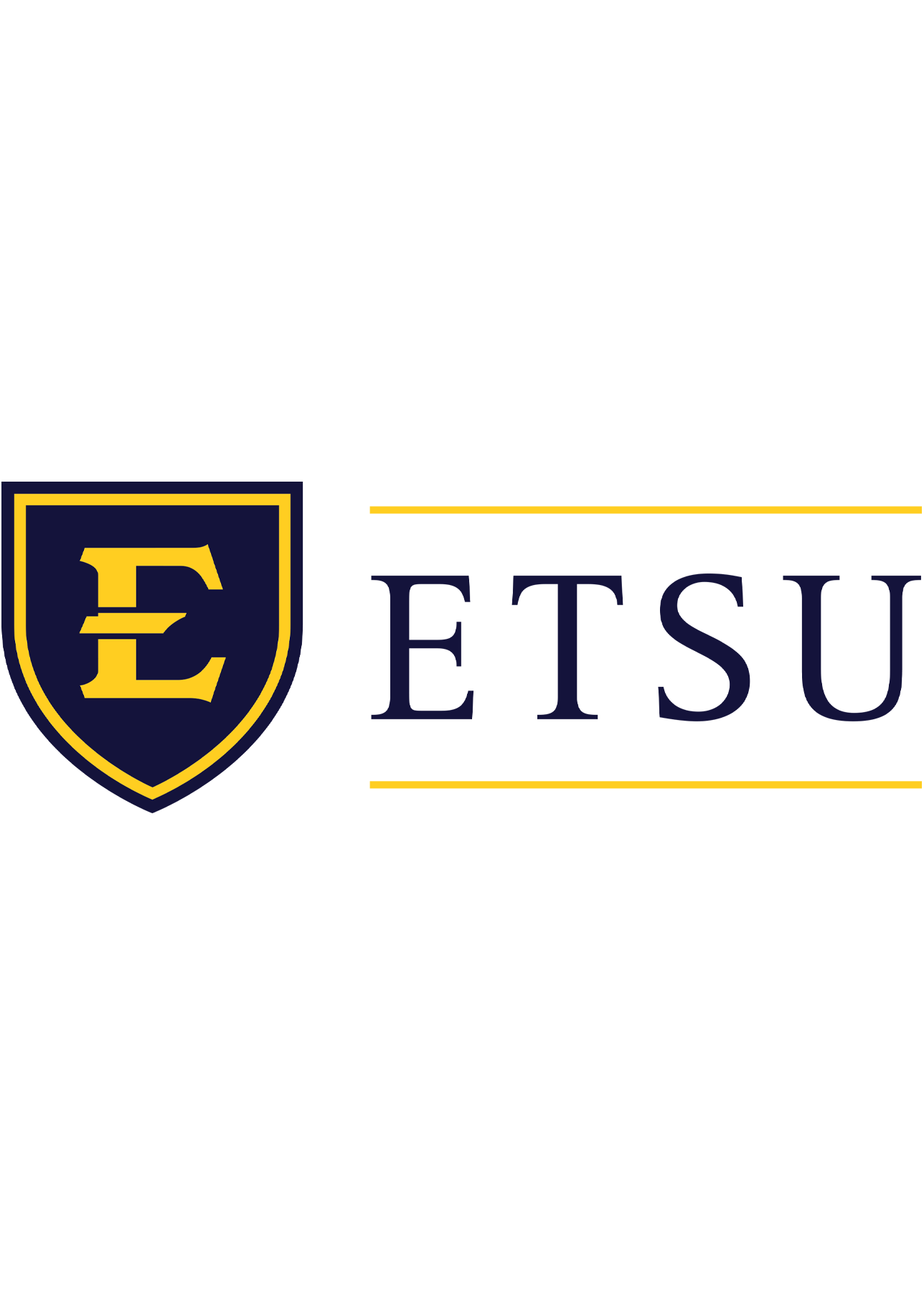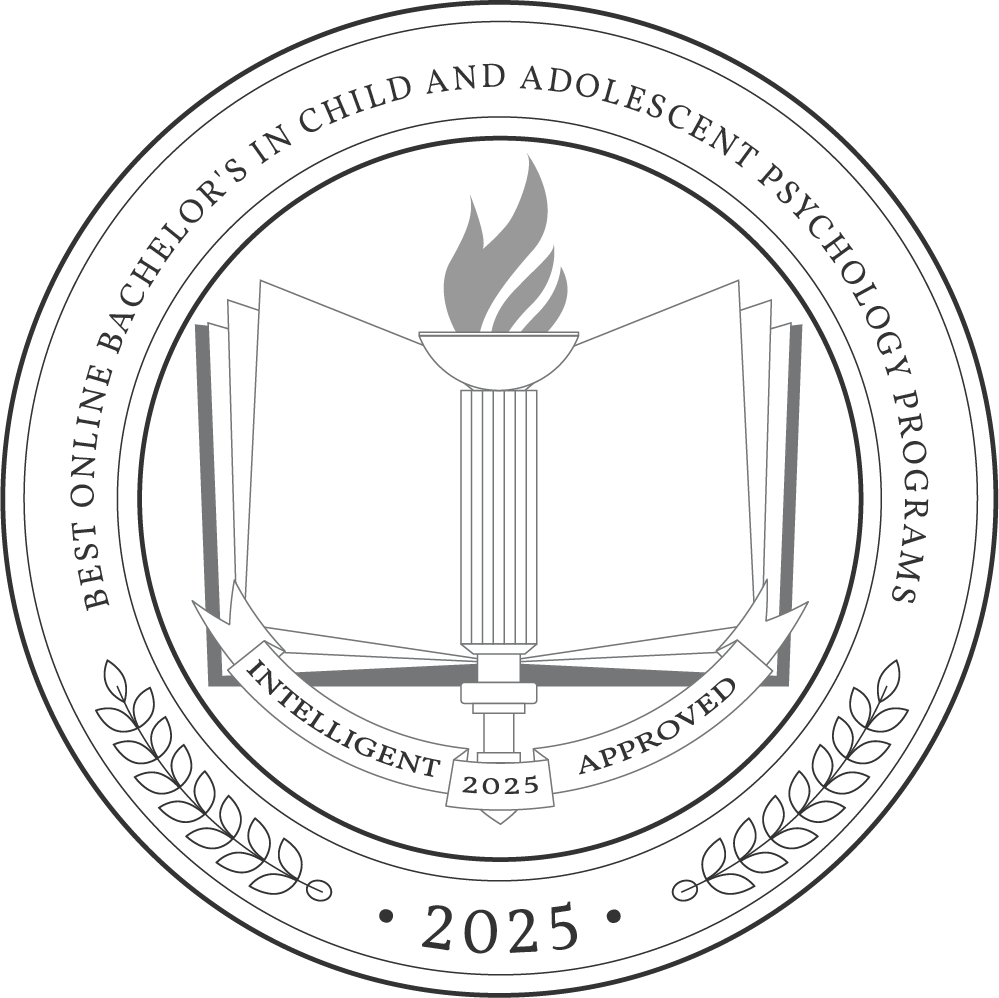An online bachelor’s in child and adolescent psychology is an excellent, flexible entry point to a career in this field, whether you’re just starting your educational journey or transferring in.
Graduates can immediately enter the workforce in roles like social services assistant, with a median salary of $41,140, or community health worker, with a median salary of $48,200. For those pursuing further education, a master’s degree provides opportunities in counseling, such as school counselors earning a median salary of $61,710. Aspiring licensed psychologists can continue to a doctorate, with a median salary of $92,740.
Full-time learners typically complete this degree in about four years, with an average annual tuition of $14,688.
Why Trust Us
The Intelligent.com Higher Education Team is dedicated to providing students with independent, equitable school and program rankings and well-researched resources. Our expert-driven articles cover topics related to online colleges and programs, paying for school, and career outlooks. We use data from the U.S. Department of Education’s College Scorecard, the National Center for Education Statistics, and other reputable educational and professional organizations. Our academic advisory team reviews content and verifies accuracy throughout the year for the most current information. Partnerships do not influence rankings or editorial decisions.
- Analyzed over 2,000 national, accredited, and nonprofit colleges and universities
- 800+ rankings pages are reviewed and updated yearly
- Content is informed by reputable sources, surveys, and interviews with academic advisors and other experts
- Over 100 data points are reviewed for accuracy and quality throughout the year, including sources
How we rank schools
Our list features the best online Child and Adolescent Psychology degree programs at top colleges nationwide. Each school featured is a nonprofit, accredited institution — either public or private — with a high standard of academic quality for post-secondary institutions.
We evaluated each school’s program on tuition costs, admission, retention and graduation rates, faculty, reputation, and the student resources provided for online students. We collected data from trusted sources like the National Center for Education Statistics, individual school and program websites, school admissions counselors, and other data sources. Then, we calculated the Intelligent Score on a scale of 0 to 100 based on the following criterion:
Academic Quality:
- Admission rate versus enrollment rate
- Retention rate of students who return after year one
- Accreditation status (regional and programmatic)
- Nonprofit status, both private and public institutions
Graduation Rate
- Overall graduation rate
- Total number of currently enrolled students, including diversity metrics
- Student-to-faculty ratio
Cost and ROI
- In-state and out-of-state per-credit tuition rates and fees
- Required credits to graduate
- Earning potential after graduation
- Availability of federal student loans, scholarships, and other financial aid options
Student Resources
- Available student services for online-only and hybrid programs
- On-campus amenities like tutoring centers and the number of libraries
Read more about our ranking methodology.
Best 6 Accredited Online Bachelor's in Child and Adolescent Psychology Programs
FiltersInstitution Type
Status
- Intelligent Score
- Alphabetically By University Name
- Acceptance Rate
- Enrollment
- In-state Graduate Tuition
- Out-of-state Graduate Tuition
- In-state Undergraduate Tuition
- Out-of-state Undergraduate Tuition

Bay Path University
Intelligent Score: 99.18In-state: $35,781
Out-of-state: $35,781
In-state: $19,235
Out-of-state: $19,235
SAT: 940-1170
ACT: 23-31
$410
Online
New England Commission of Higher Education
120

University of Massachusetts Global
Intelligent Score: 96.72In-state: $63,560
Out-of-state: $63,560
In-state: $55,460
Out-of-state: $55,460
SAT: Not Required
ACT: Not Required
$500
Online
WASC Senior College and University Commission
120

Touro University Worldwide
Intelligent Score: 93.16In-state: $14,400
Out-of-state: $14,400
In-state: $9,000
Out-of-state: $9,000
SAT: N/A
ACT: N/A
$400
Online
WASC Senior College and University Commission
120

Liberty University
Intelligent Score: 91.22In-state: $14,791
Out-of-state: $14,791
In-state: $7,935
Out-of-state: $7,935
SAT: 1040-1250
ACT: 21-29
$390
Online
Southern Association of Colleges and Schools Commission on Colleges
120

East Tennessee State University
Intelligent Score: 90.92In-state: $7,340
Out-of-state: $25,487
In-state: $8,640
Out-of-state: $8,640
SAT: 940-1170
ACT: 20-27
$474
Online, On-Campus
Southern Association of Colleges and Schools Commission on Colleges
120

Eastern Kentucky University
Intelligent Score: 90.00In-state: $9,266
Out-of-state: $19,338
In-state: $9,900
Out-of-state: $9,900
SAT: 950-1170
ACT: 19-25
$434
Online
Southern Association of Colleges and Schools Commission on Colleges
120
How to Choose an Online Bachelor’s in Child and Adolescent Psychology Program
Choose your area of study
Child and adolescent psychology is already a niche field, but you can narrow your focus further by asking yourself the following questions:
- Which specific populations (like children with autism or adolescents with anxiety) interest me most?
- What age group do I prefer working with — young children or teenagers?
- Are there particular mental disorders I want to specialize in?
- Where do I see myself in five or ten years — clinical practice, research, or education?
Choosing a specific area of study helps you center your coursework and research around what you’re actually interested in, making you more knowledgeable in your chosen niche.
Research schools and programs
Once you’ve chosen your area of study, you can begin researching schools and programs by asking the following questions:
- Is the program accredited and recognized in the field?
- Are there specific courses or specializations aligned with my interests?
- What is the structure and flexibility of the online coursework?
- Are there opportunities for internships, practicums, or research projects?
- What support services are available for online students?
This information can be found on university websites, during virtual open houses, and by speaking with an admissions counselor.
Prepare for tests and applications
With your shortlist of potential programs in hand, it’s time to begin preparing for tests and applications. Start by requesting transcripts and letters of recommendation well in advance, as these can take time to gather. Be sure to allow plenty of time to draft your personal statement or essay responses, illustrating how you’re an excellent fit for the program. If standardized test scores are required, consider enrolling in a test prep program for the SAT or ACT to boost your performance.
By beginning this process early, you’ll have a better chance of ensuring that all materials are complete and reflect your best efforts.
Select your program
When acceptance letters arrive, you may have a significant decision to make. Set aside some time to revisit your initial research criteria, focusing on what matters most to you — like program structure, specialization options, and support services for online learners.
This is also a great time to reassess the total cost of attendance and compare it to any financial aid offers, including scholarships, grants, and work-study opportunities. These opportunities can significantly offset costs, ultimately making your education less expensive.
Determine how you’ll pay for your degree
To determine how to pay for your degree, submit the FAFSA to access federal aid. Additionally, search for and apply to institutional and external grants and scholarships that don’t require repayment.
If you’re seeking part-time employment, consider work-study programs that align with your degree. For those already working in a related field, check if your employer offers tuition reimbursement.
Federal loans can help bridge financial gaps, but be cautious to avoid overborrowing, as this can lead to unwanted debt. Remember, every dollar taken out on a loan will eventually have to be repaid with interest.
What Can You Expect From an Online Bachelor’s in Child and Adolescent Psychology Program?
An online bachelor’s in child and adolescent psychology program offers extensive coursework designed to explore the developmental stages, psychological theories, and behavioral patterns of children and adolescents. As a student, you’ll delve into subjects like cognitive development, emotional regulation, psychological assessment, and intervention strategies. Many programs also cover family dynamics, social influences, and the impact of trauma and mental health disorders.
To graduate, most programs require students to complete a thesis or capstone course, which allows them to apply their knowledge in a practical project or research study. With most coursework available entirely online, this degree offers the flexibility to study from anywhere, making it ideal for those balancing other commitments with their education.
Potential courses you’ll take in an online child and adolescent psychology program
- Cognitive Development: Typically a core requirement, this course explores how children’s thinking and reasoning skills evolve from infancy through adolescence. Topics may include language acquisition, problem-solving abilities, and the impact of environmental factors on cognitive growth.
- Emotional and Social Development: This fundamental course examines the emotional and social changes that occur during childhood and adolescence. Students will learn about attachment theory, emotional regulation, peer relationships, and the influence of family dynamics on social development.
- Trauma and Resilience in Children: This course focuses on understanding the effects of trauma on young individuals and the factors that contribute to resilience. Learners will study different types of trauma, their psychological impacts, and therapeutic approaches to foster resilience and recovery.
- Abnormal Child Psychology: In this upper-level course, students will examine the psychological disorders that affect children and adolescents, such as ADHD, autism, and anxiety disorders. The curriculum often includes understanding symptoms, causes, treatments, and the impact of these disorders on a child’s development and family dynamics.
Online Child and Adolescent Psychology Degree Frequently Asked Questions
How do I apply to an online child and adolescent psychology degree program?
While some programs may have specific admissions requirements, many share similar criteria. This often includes:
- High school diploma or GED
- Official transcripts from all previously attended institutions
- Personal statement or essay
- Letters of recommendation
- SAT or ACT scores, if required
Before applying, it’s recommended to speak with an admissions counselor to ensure you meet all requirements and address any questions you may have.
How much does an online child and adolescent psychology degree cost?
According to the most recent data from the National Center for Education Statistics, the average annual tuition for an undergraduate degree is $14,688. Many factors can cause this figure to fluctuate, though, including whether the institution is public or private, your residency status, and available financial aid.
As an online student, you’ll also want to budget for technology fees, textbooks, software, and internet access. These additional costs aren’t often included in the tuition price and can significantly affect the overall expense of your education.
How long does it take to earn an online child and adolescent psychology degree?
Obtaining this degree takes about four years for full-time students and six years or more for part-time students. However, program lengths can vary, with some offering accelerated options for those looking to complete their degree quicker and others providing more flexible scheduling that can lend itself to longer timelines.
Regardless of your enrollment time, it’s essential to double-check total credit requirements, as they can differ between programs and impact your timeline.

